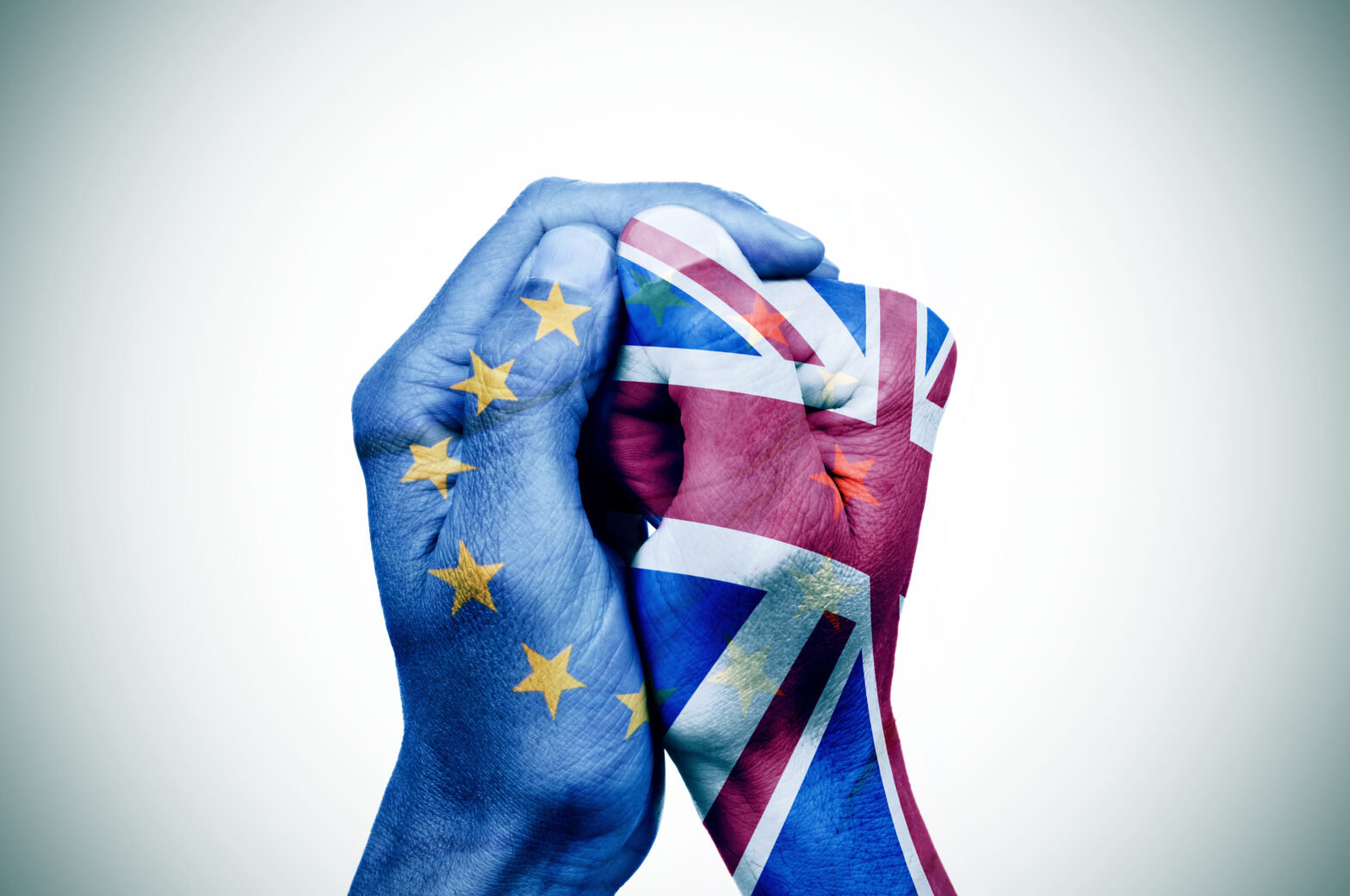At this late point in the EU referendum campaign, many industries are on tenterhooks waiting for the result.
Whilst both camps have concentrated on getting the public to grips with the immediate and long term implications of the decision, could emerging awareness of the proposed Digital Single Market prove pivotal – or it is too little, too late?
In her parliamentary address, the Queen declared a new initiative for the UK to be seen as a ‘world leader in the digital economy’.
But if we look at the ease of cross-border internet buying and selling currently, the landscape the UK operates in today is riddled with varying VAT rates, business nuances and protectionism.
Businesses must also be mindful of the privacy concerns among consumers buying online from another country, as personal information moves to other markets governed by different regulations.
>See also: Data protection and Brexit: Where UK businesses will stand with GDPR
A digital common market for online goods and services would stand at odds with the status quo. With estimates that such an initiative could add as much as €415 billion to the European economy by challenging the red tape and streamlining online trade, you would be forgiven for thinking the Digital Single Market would have played a key role in referendum discussions to date.
As the campaigns on both sides of the debate enter the final straight, here are three reasons why awareness of the Digital Single Market will play a pivotal role for many businesses deciding whether to opt in or out of Europe.
1. US-based online services dominate
According to research from taxation experts Taxamo, US-based online services account for 54% of the European digital market currently.
This highlights that right now, instead of keeping a vast amount of shared wealth within their own economies, European countries are leaving a great deal of revenue to be snapped up by US companies.
In fact, of the ten largest digital companies ranked by revenue, none are headquartered in the UK – all are either run from the US or China (Economist).
The opportunity to take back control by breaking down the barriers to online trade between the 28 member states is a theme we’ve begun to see break the headlines in recent weeks.
2. The UK digital economy is lagging behind
The Queen wants UK digital businesses to becomes world leaders, but research shows that regardless of a Brexit or not, we still have a way to go to achieve this status.
For example, a recent electoral commission report found that the UK is lagging behind other markets in areas such as connectivity, digital skills and the integration of digital technology.
The 2016 digital economy and society index found that while the UK score is above the EU average, it is growing more slowly than the average. Denmark, the Netherlands, Sweden and Finland are leading the way, while Estonia, Germany, the Netherlands, Malta, Austria and Portugal are the fastest growing.
The UK needs to continually invest in education around technology and provide incentives for businesses to upskill their staff in digital.
In addition, we need to ensure that the Culture, Media and Sport Committee continues to investigate and improve the coverage, delivery and performance of connectivity in the UK.
3. It’s a relatively unknown initiative
A recent survey, commissioned by Mailjet, posed the question: ‘Have you ever heard of the Digital Single Market?’ And 59% of senior marketers from companies across the UK said no.
Of those that had, a third admitted little or no understanding of its contents. In addition, when subsequently asked about the Brexit, nearly a third of the respondents expressed that they believed leaving the EU would be beneficial for their company.
There is a significant knowledge gap about the Digital Single Market amongst decision makers in the marketing industry and whether it will impact Brexit.
>See also: Would a Brexit make the UK more of a target for cyber attacks?
So why hasn’t more of a fuss been made about this? After more than four decades within the European Union, the UK is fast approaching a crossroads that carries different implications for every company.
Whilst big businesses with dedicated teams of seasoned international marketers might expect to see benefits from a Digital Single Market, for smaller businesses and start-ups that lack a dedicated marketing function, it’s understandable there are ongoing questions about whether the single market will contribute to Britain’s position in digital, as well as their own company’s.
As businesses of all sizes approach tomorrow’s vote, it’s imperative that leaders consider the potential of the Digital Single Market to improve international expansion and unlock new revenue streams.
Whether the UK leaves the EU or not, in light of the uncertainty around what the Digital Single Market is and what is needed for the UK to become a world leader in the digital economy, it is essential that the government play a greater role in educating organisations on how to seize the opportunity that digital presents.
Josie Scotchmer, UK Marketing Manager, Mailjet








